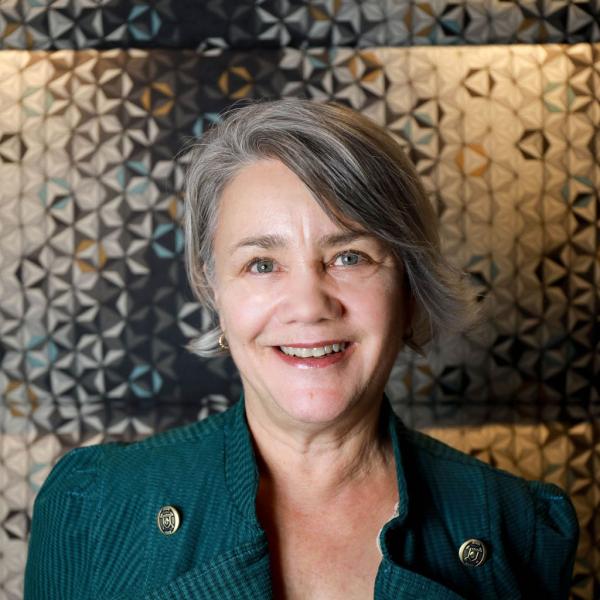Get counted on the census
With a seat in the House of Representatives on the line, Hamline encourages student participation in the 2020 census.
March 11, 2020
The 2020 United States Census takes place on April 1 and especially for students, getting counted is vital to representation in policymaking.
The census has been taken nationwide every 10 years since 1790. 2020 is an important census year for Minnesota as it could mean the difference between losing a seat in the House of Representatives or not.
Additionally, the results of the census impact future allocation of public funds which has the potential to provide benefits for students.
“Census count determines Pell Grant allocations to the state,” said public, media, and external relations specialist, Christine Weeks. “Census count determines all kinds of services that students might use; healthcare services, mental health services, and other kinds of funding.”
Historically, college students have been undercounted in the census.
“We deserve to be represented as college students,” said senior Ray Doss said. “Old people fill out the census way more than young people, and we see the government prioritizing accordingly.”
Doss recently participated in a radio conversation about the census hosted by WCCO political analyst Blois Olson and sponsored by Hamline University. Other guests were President Fayneese Miller; Minnesota Lt. Governor Peggy Flanagan; and Metro State University professor Adrienne Falcon.
As of 2020, the U.S. Census Bureau calls the young Millenials and old Generation Z students, students between 18 and 24 years old, the “young and mobile.” This is because 45% of this population does not live at home and are less likely to participate in the census.
“Particularly college students who don’t live in dorms,” Weeks said. “In group housing, like dormitory residents, there is a separate process for counting them, and that goes through Res Life.”
Operations Coordinator in Student Affairs, Troy Schillinger, has been put in charge of organizing group housing census information this year. Hamline’s devotion to promoting the census is further seen in the promotion of the census. On March 19 at 10:30 a.m. there will be a rally in Anderson that will kick off the series of events for the day. It will be a 30 minute, campaign-style rally with student guest speakers and census themed swag.
“We want to let students who live off campus know what the process is and that there is no risk involved with being counted,” Weeks said. “Some who may come from historically undercounted communities could also let their communities know the importance of being counted in the census. That’s our goal.”
According to the official 2020 Census website, personal information is kept confidential. The Census Bureau is bound by federal law to protect information, with data only being used to produce statistics.
Census Day is April 1 and for the first time ever people can participate in the census online. At the end of March, postcards will be sent to people’s houses with a code on it that can be used to participate in the census. It may also be completed by mail or over the phone.
“Only 30% of students know that they have to complete [the census] by law,” Metro State University professor Adrienne Falcon said.
Falcon mentioned that only 22% of students know that the place where they spend most of their nights is where they should be counted for the census. While the U.S. Census Bureau cannot force you to participate, filling out the questionnaire means that you are helping the government understand what the needs are of the state.
According to census.gov, there can be penalties up to $5,000 for not responding to the census.
Weeks stated that those who do not fill out the census will receive a visit from an enumerator, a person who will collect all the necessary census information. These enumerators will be wearing badges to signal their position.
Hamline hopes to see students turn out for the census in the same way that students turn out for voting.
“Voter engagement should transfer over to census engagement, in a way,” Doss said. “It’s all about participating in the political process.”





